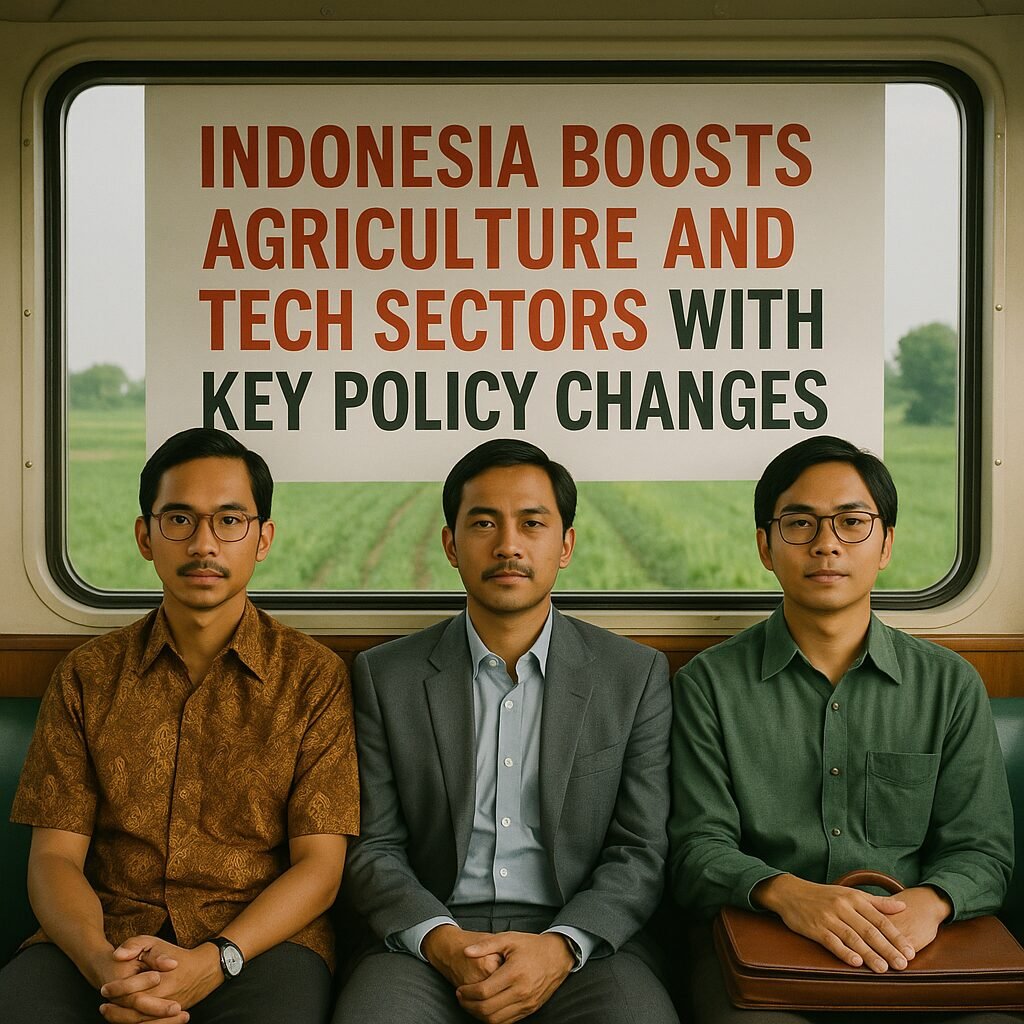- Indonesia lifts cattle import quotas to enhance food security and promote self-sufficiency.
- Country launches $6 billion CATL-backed EV battery project, signaling commitment to sustainable technology.
- Indonesia shows dynamic economic shift with focus on agriculture, technology advancements for future growth.

Indonesia has recently made significant strides in two key sectors – agriculture and technology. In a move to ensure food security, the Indonesian government has lifted quota restrictions on live cattle imports, according to ANTARA News. This decision is likely to impact Indonesia’s meat industry and could lead to increased self-sufficiency in food production. It also points towards a more open trade policy, which could have wider implications for the country’s economy.
While the lifting of import quotas is a noteworthy development, it’s not the only significant move from Indonesia. In another development, the country has also embarked on a $6 billion CATL-backed electric vehicle (EV) battery project. As reported by ANTARA News, Indonesian President Prabowo Subianto is set to inaugurate this ambitious project in East Halmahera. This initiative marks a significant step in Indonesia’s journey towards sustainable technology and energy efficiency. CATL, a global leader in developing and manufacturing lithium-ion batteries for new energy solutions, is backing the project, which signals a strong global confidence in Indonesia’s potential as a major player in the EV battery market.
Both these developments indicate a dynamic shift in Indonesia’s economic and trade policies. The lifting of cattle import quotas signifies a strategic move to boost domestic food security, while the launch of the EV battery project underlines the nation’s commitment to sustainable and innovative technology. It’s clear that Indonesia is keen to foster a conducive environment for both agricultural and technological advancements, showcasing its potential as a diverse and forward-looking economy.
